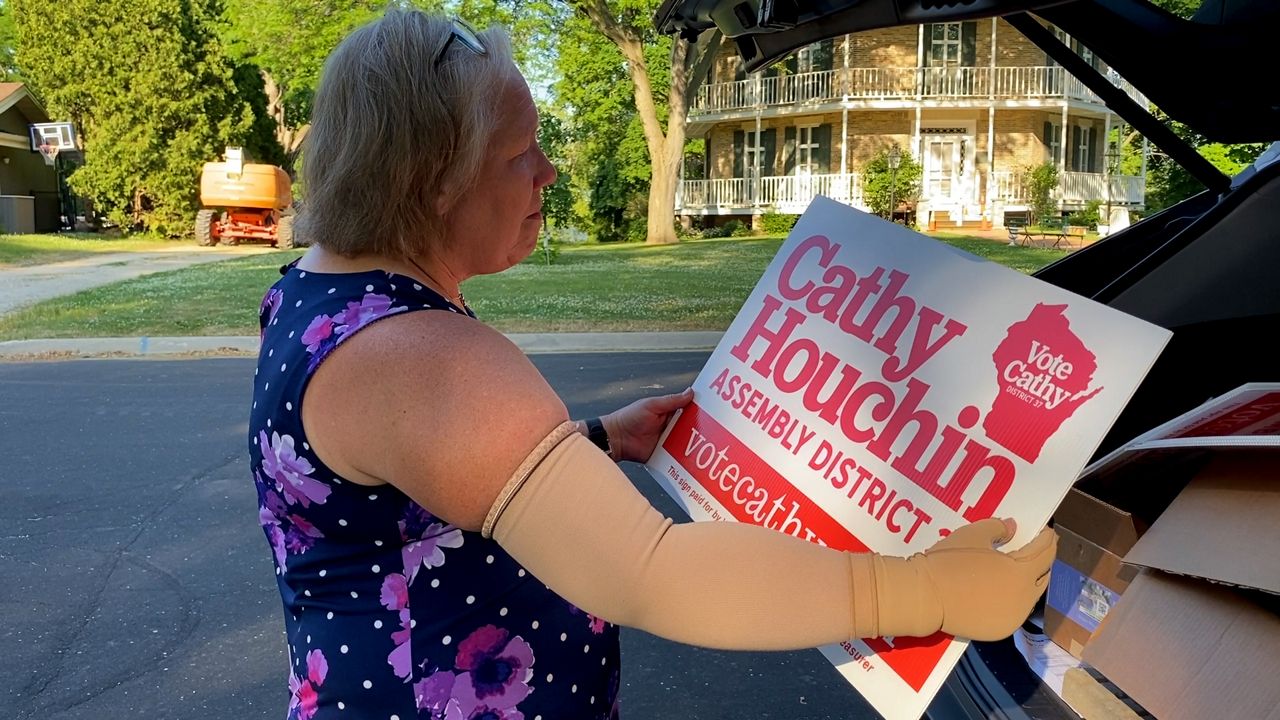MADISON, Wis.— Though thousands of public employees across Wisconsin were impacted by Act 10, much of the debate and protests centered around teachers.
For many, their average salary has increased. However, pay hasn't kept up with inflation, and now teachers must contribute more to their pension and health insurance benefits.
As you might imagine, 10 years later, not all educators feel the same.
A former chemistry teacher, Anthony Schnell considers himself a numbers guy.
“It just makes financial sense for me to go to the bakery as opposed to staying in teaching,” Schnell said.

He didn't always wake up at 4 a.m. to bake. Before taking on the family business in Windsor full-time, Schnell taught high school science for 29 years—most recently in Lodi.
“This last year, my base paycheck was less than it was in 2013, so I'm taking home less even though my income has gone up, but they just keep pulling more money for insurance,” Schnell said.
Now, officially retired at age 56, Schnell never imagined he would quit this early and said he would still be in the classroom were it not for Act 10 and a broken funding formula.
“I think anybody in any job would go crazy if their bosses had no experience in the job that was being performed, but the bosses set the conditions of pay and benefits,” Schnell said.

Cathy Houchin has taught music for 42 years and spent the past two decades in the Watertown School District.
Similar to Schnell, she has felt the pinch on her pocketbook.
“I didn't get the raises I used to get,” Houchin said. “You just sort of, I remember one year since Act 10 I got $50 more in my paycheck for the year.”

However, Houchin, who serves on the Dodge County Board, and made a recent run for State Assembly, knows what it's like to make hard decisions.
“I now understand why it had to be done,” Houchin said. “I understand the need for it, and there was a need for it even though it wasn't pretty when it was happening.”
Despite a lot of divisiveness, Houchin said she has never been dissuaded from her life's passion.
“To me, teaching has never been all about the money,” Houchin said. “Sure, I like getting money, and sure, I want to get paid my fair share, but there's more to teaching than that.”

Schnell understands that to an extent.
“People say, and they still say, it drives me insane, you know 'If you're going into teaching, you're not going to get rich,' and that's all well and good,” Schnell said. “I totally get that, but that doesn't mean you shouldn't be able to pay your bills.”
Bills that Schnell understands school districts have to pay too. He just hopes cost savings don't come at the expense of more teachers like him, who 10 years later, don't see things improving any time soon.



